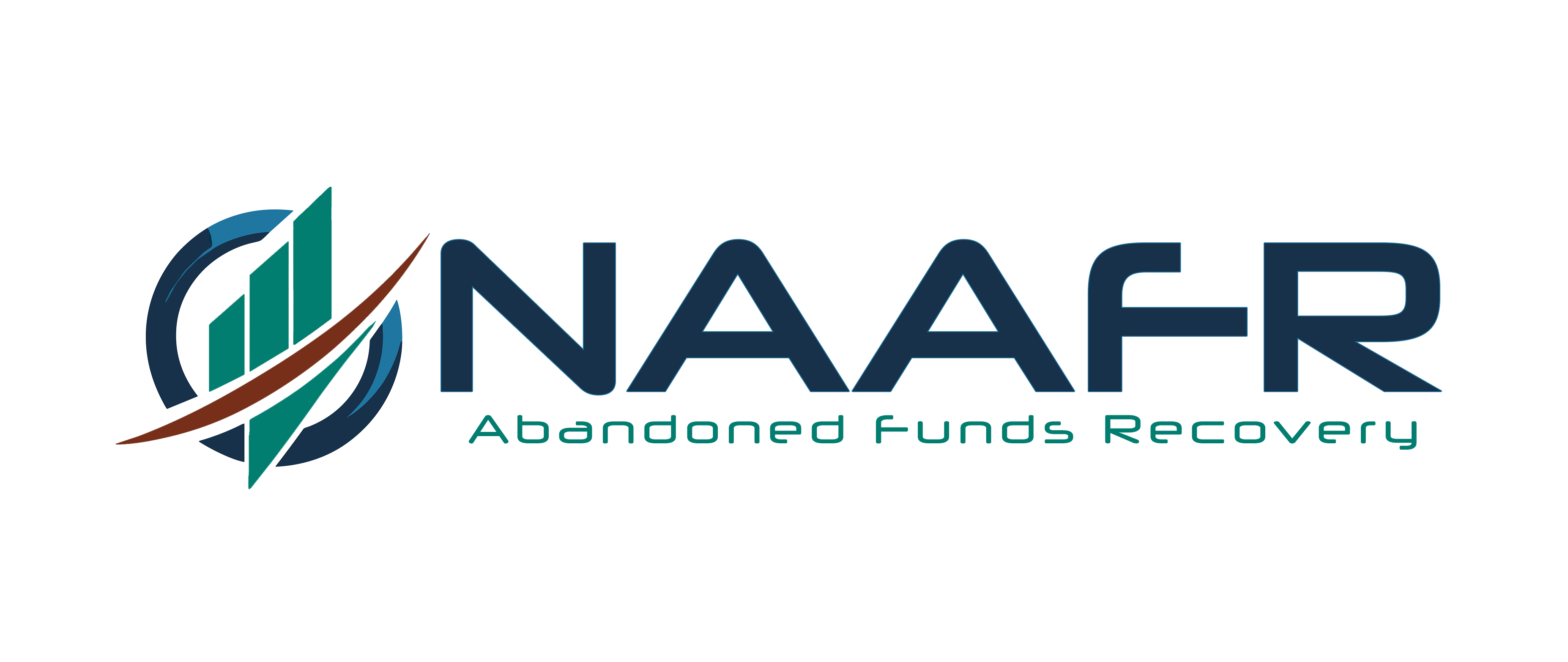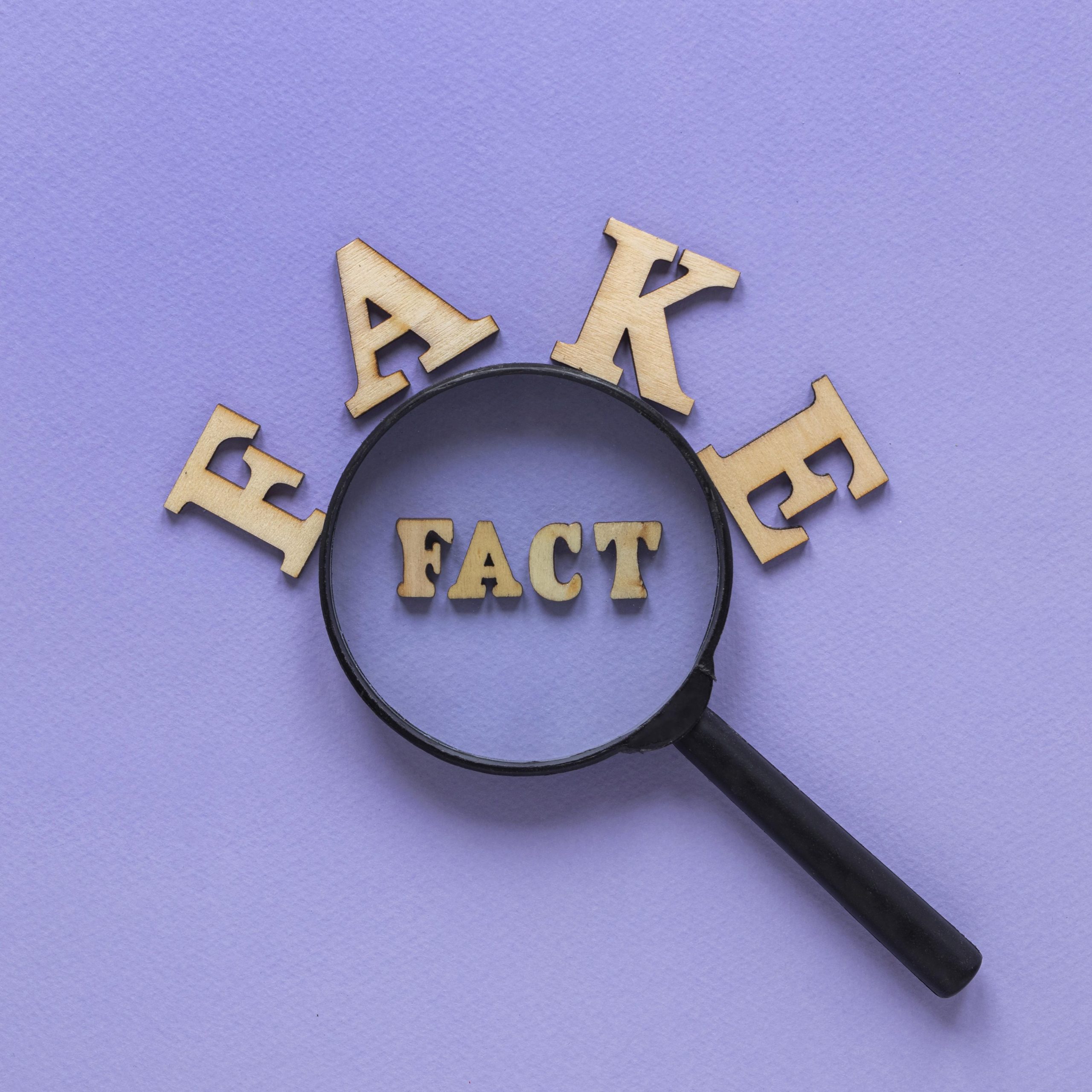When a property is sold at a foreclosure auction or tax sale, there may be remaining funds after all debts, liens, and fees are paid. These remaining funds, known as surplus funds or excess proceeds, can often be claimed by the former property owner or their heirs. However, a lot of misinformation surrounds the process of recovering surplus funds. In this article, we will debunk some common myths and provide accurate information to help homeowners understand their rights and the recovery process.
Myth 1: Surplus Funds Automatically Go to the Government
One of the most prevalent myths is that surplus funds automatically belong to the government or the county where the sale occurred. In reality, surplus funds are typically held in a trust account by the court or the agency conducting the sale, and the original property owner or their legal heirs are entitled to claim these funds. The government only retains the surplus if it goes unclaimed for a specific period, which varies by state and jurisdiction.
Myth 2: You Have to Pay a Large Fee to Recover Surplus Funds
Many homeowners believe that recovering surplus funds is a complicated and costly process that requires paying large fees to third-party companies. While there may be nominal fees associated with filing the necessary paperwork, the process does not typically require significant costs. In many cases, homeowners can handle the process themselves by contacting the appropriate authorities and following the steps to file a claim.
Myth 3: You Can Only Claim Surplus Funds Immediately After the Sale
Another common misconception is that surplus funds must be claimed immediately following the sale. While it is true that there are deadlines for filing a claim, these deadlines can range from a few months to several years, depending on the state. Homeowners are encouraged to check with their local authorities to understand the specific timeframes for their jurisdiction. Acting promptly is advisable, but there is usually a window of opportunity to claim the funds.
Myth 4: Only the Property Owner Can Claim Surplus Funds
It is often believed that only the original property owner is eligible to claim surplus funds. However, in reality, legal heirs of the property owner may also be entitled to recover these funds. In cases where the property owner is deceased, heirs must provide proof of their relationship to the deceased and may need to go through probate or obtain a court order to establish their right to the surplus funds.
Myth 5: Surplus Funds Are Only Available for High-Value Properties
There is a misconception that surplus funds only exist for high-value properties sold at auction. In fact, surplus funds can be generated from the sale of any property, regardless of its value, if the sale price exceeds the amount owed in debts, taxes, and fees. Homeowners should check with the relevant authorities to determine if there are surplus funds available from their property sale, regardless of its market value.
Myth 6: The Recovery Process is Always Complicated and Lengthy
While the process of recovering surplus funds can vary in complexity depending on the jurisdiction and the specific circumstances of the sale, it is not always a long and arduous process. In many cases, once the necessary documentation is gathered and submitted, the process can be straightforward. Understanding the requirements and staying organized can help expedite the process.
Accurate Information About Surplus Funds Recovery
To avoid falling for myths and misconceptions, it’s important to understand the facts about surplus funds recovery:
- Verify Your Eligibility: Check with the local authorities to confirm your eligibility to claim surplus funds and understand the specific requirements in your jurisdiction.
- Understand the Deadlines: Be aware of the time limits for filing a claim in your area to ensure you do not miss the opportunity to recover your funds.
- Seek Professional Help if Needed: While many homeowners can handle the process themselves, seeking legal advice or professional assistance may be beneficial if the process seems complex or if you encounter challenges.
- Beware of Scams: Be cautious of third-party companies that charge high fees for services you can often perform yourself. Always verify the credentials of any service provider you consider working with.
Conclusion
Understanding the truth about surplus funds recovery is essential for homeowners who have lost their property to foreclosure or a tax sale. By debunking these common myths, homeowners can better navigate the process and take the necessary steps to claim any excess proceeds that may be rightfully theirs. Remember to verify all information, stay informed about your rights, and seek professional advice if needed to ensure a smooth recovery process.



